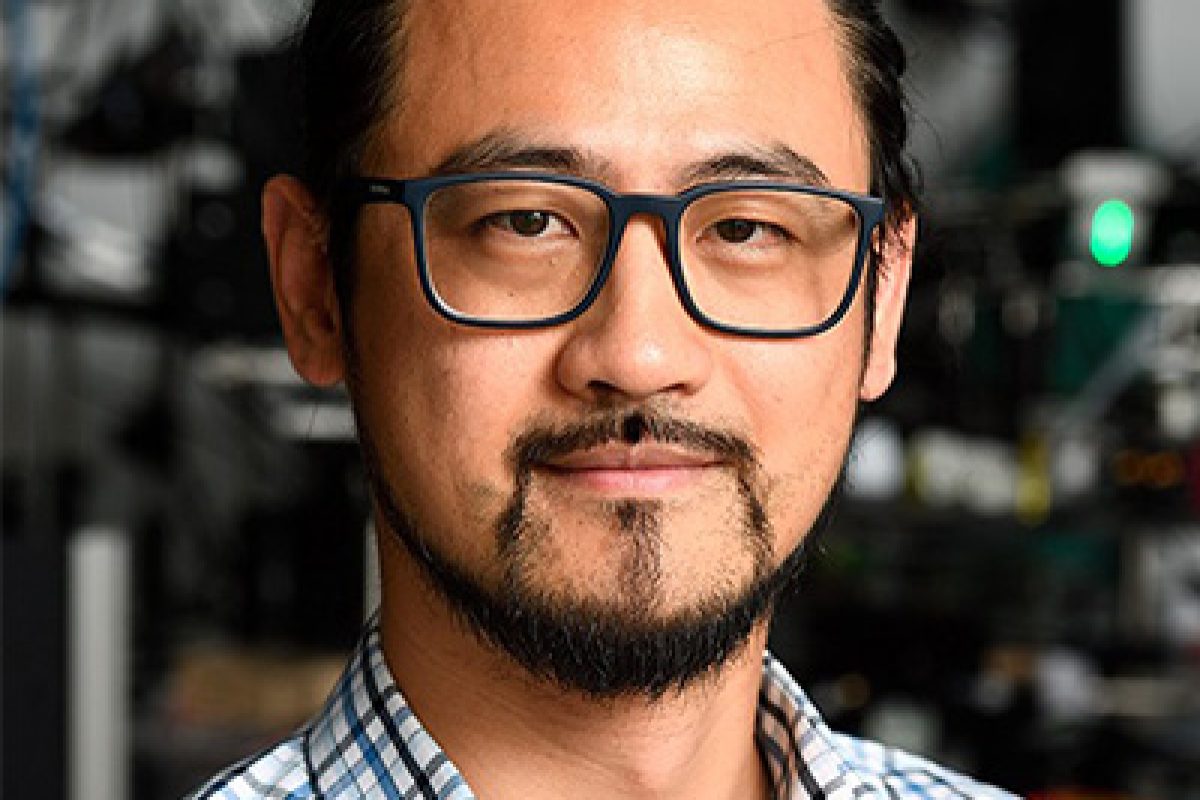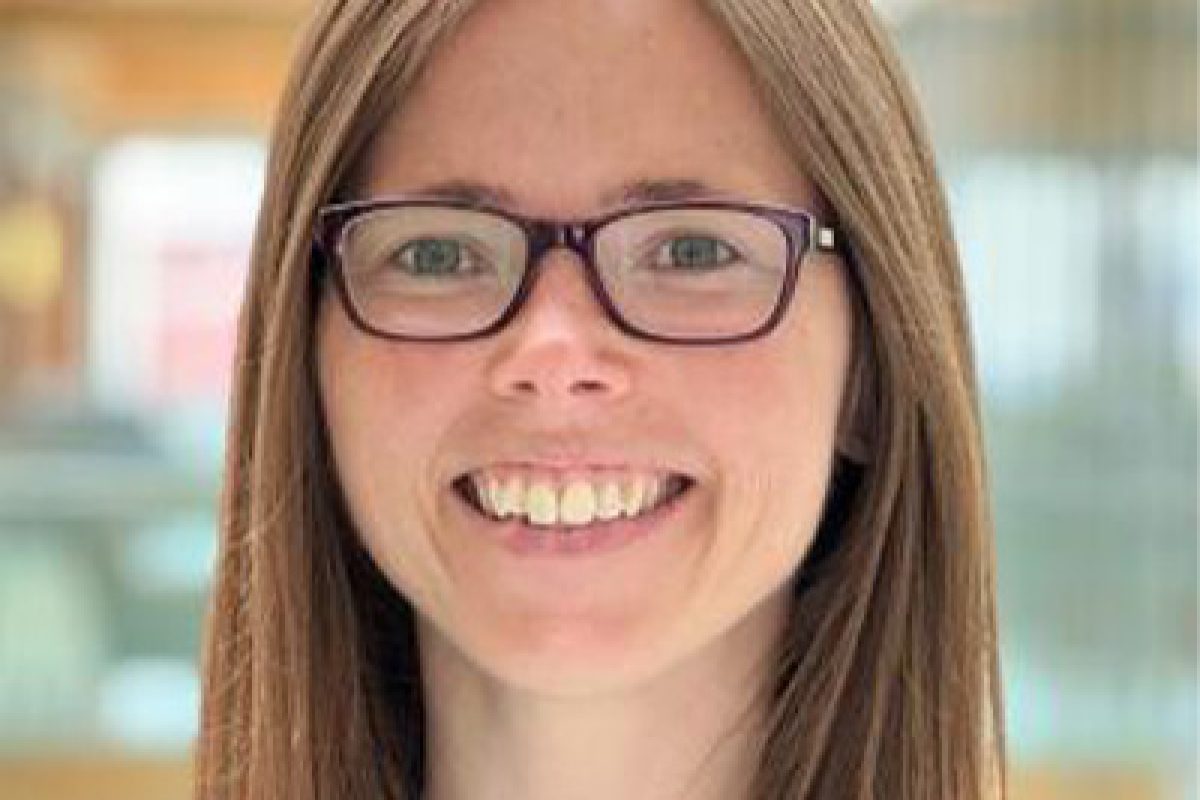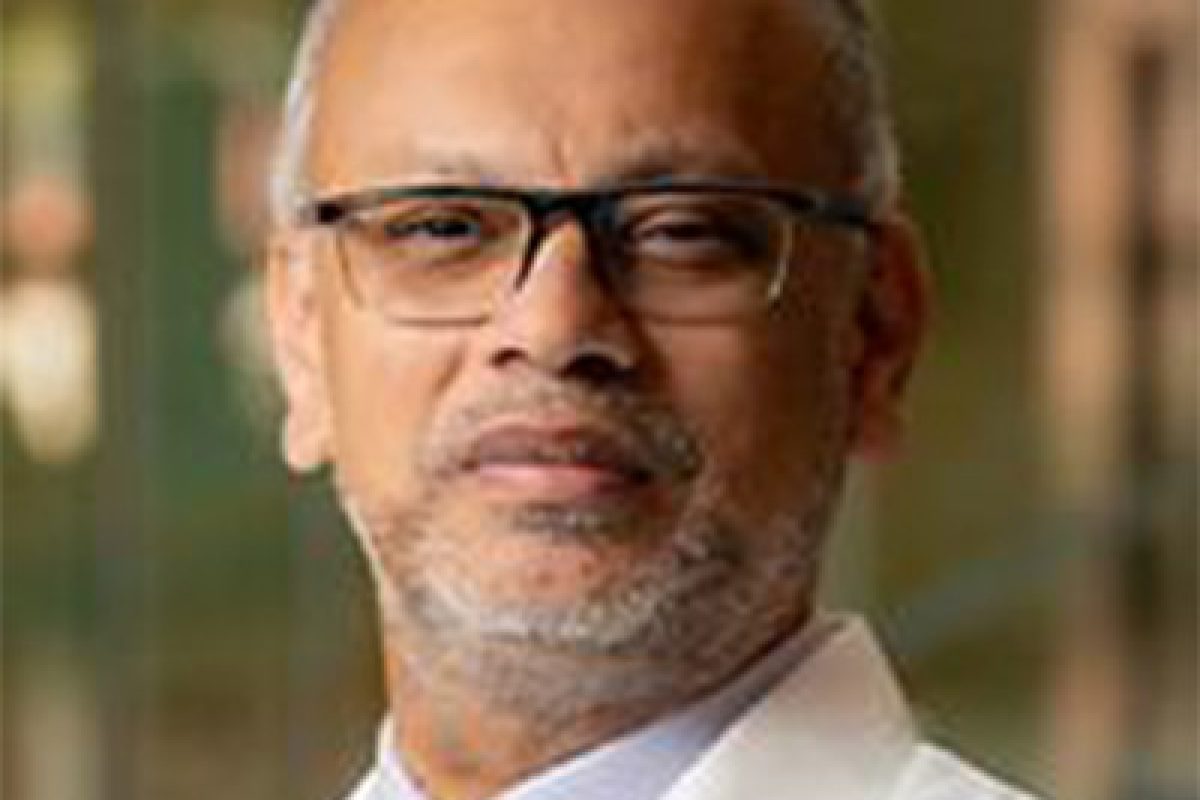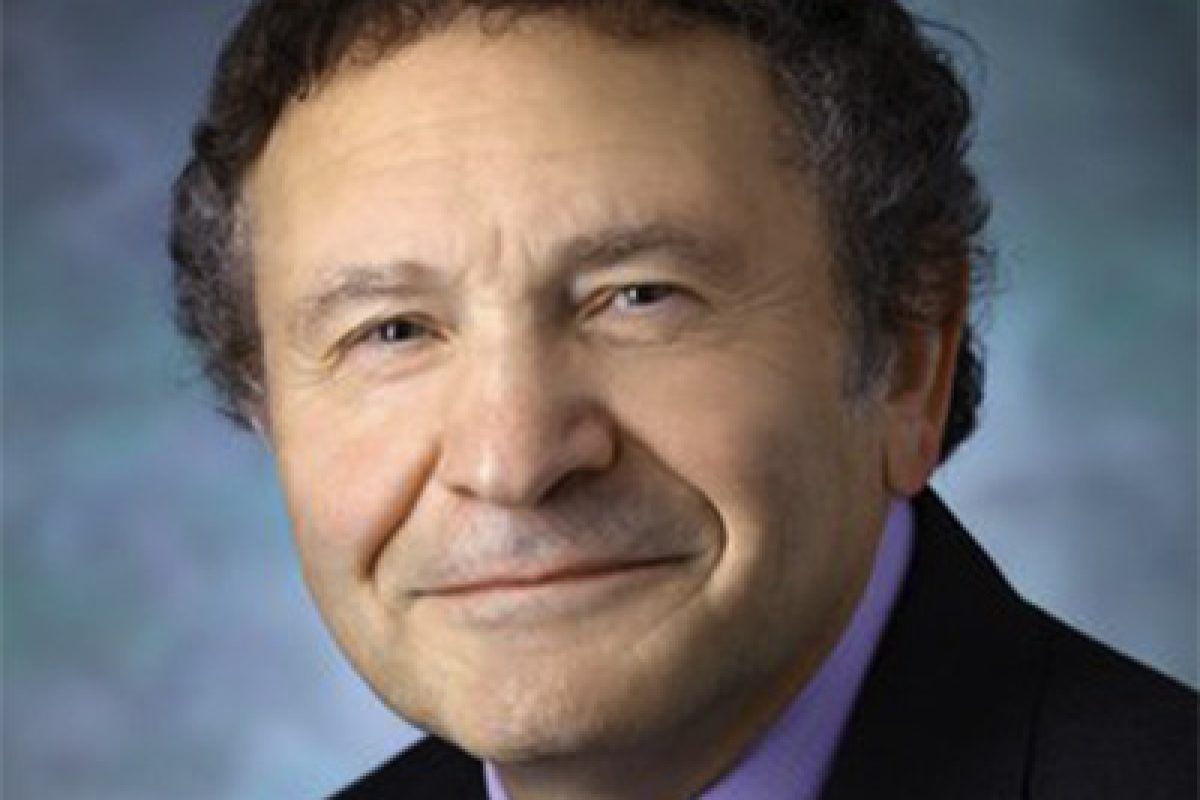Dr. Ji Yi led a Biophotonics lab to develop cutting-edge optical imaging methods to characterize complex biological tissues. The lab strives for high-speed, large scale volumetric reconstruction of dynamics systems, to characterize, phenotype, and reveal the fundamental mechanisms underlying development and pathology. Using real-time imaging, Dr.Yi’s lab integrates seamlessly with TTEC by quantifying structural and functional integration of tissue and cell engineering approaches in native tissues for regeneration or repair.
Laura Ensign
Dr. Ensign’s lab works broadly within nanomedicine and the development of therapeutics that provide sustained and effective treatment. Recent efforts aim to apply the principles of nanomedicine to provide various supportive approaches for enhancing cell and tissue regeneration, as well as utilizing nanomedicine for characterizing disease processes.
Jeff Mumm
The Mumm lab’s research is focused on investigating the development, function, and regeneration of neurons and neural circuits. Their long-term goal is to apply what they learn from a naturally regenerative species, the zebrafish, toward the development of novel therapies for restoring neural function to patients. They place an emphasis on unique perspectives zebrafish afford to the study of biology, such as in vivo time-lapse imaging of cellular behaviors and cell-cell interactions, and high-throughput chemical and genetic screening. They have pioneered several technologies to support this work including multicolor imaging of neural circuit formation, a selective cell ablation methodology, and a quantitative high-throughput phenotypic screening platform. Together, these approaches are providing novel insights into how the degeneration and regeneration of discrete neural cell types is controlled.
Amer Riazuddin
I received PhD from the Department of Biochemistry and Molecular Biology, Johns Hopkins University School of Public Health (2002). Afterward, I completed two postdoctoral fellowships: first, at the National Eye Institute, National Institutes of Health, and second, at the McKusick-Nathans Institute of Genetic Medicine, here at Hopkins. Trained as an ocular geneticist, I have been involved in identifying the genetic basis of multiple inherited ocular diseases and understanding the underlying pathomechanism over the past two decades. In recent years, I have expanded the scope of my research to pluripotent stem cell-based regenerative medicine. Currently, my laboratory is validating stem cell-derived corneal endothelial cells as an alternative to donor tissue for the treatment of corneal endothelial dysfunction. Additionally, my laboratory is working on two research initiatives. First, the development of a non-surgical treatment of cataracts by perturbing lens cell pathways, and second, stem cell-based regeneration of the glaucomatous tissue as a possible treatment of glaucoma.
Aleksander Popel
The main themes of research in my laboratory are angiogenesis, immuno-oncology, Quantitative Systems Pharmacology (QSP), and development of oncolytic, anti-angiogenic and immuno-activating peptides for therapeutic applications. We conduct both computational and experimental studies. Our QSP studies use spatial transcriptomics of tumors and build cohorts of virtual patients and digital twins to conduct virtual clinical trials and identify biomarkers.





